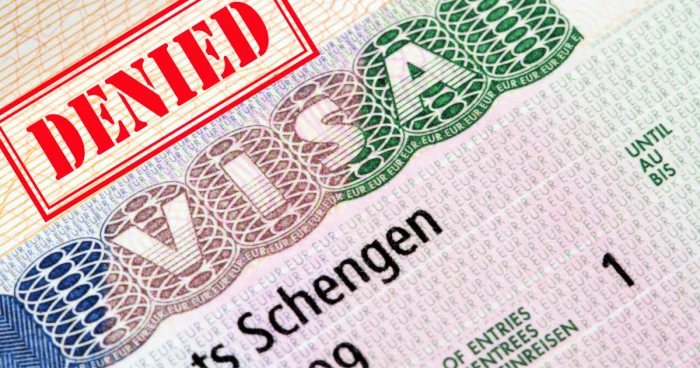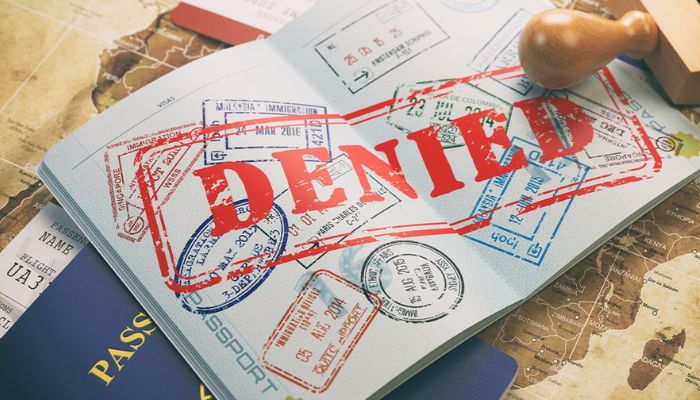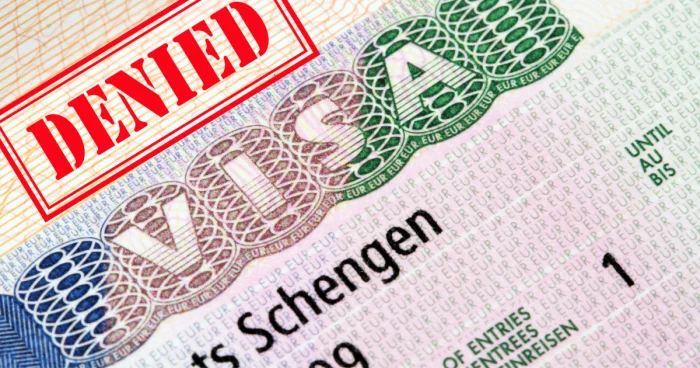
In 2023, despite submitting half as many Schengen visa applications as those from Asia, African applicants were twice as likely to be rejected, with rates 14 percentage points higher than Asian applicants.
- Business Insider Africa presents top 10 African countries with the highest Schengen visa rejection rates.
- This list is courtesy of Henley and Partners.
- Six of the ten countries with the highest Schengen visa rejection rates are in Africa.
The dream of visiting Europe often begins with the meticulous process of applying for a Schengen visa. However, for many Africans, this dream is dashed even before it starts, thanks to disproportionately high rejection rates.
This stark reality is not just a reflection of individual circumstances but a broader symptom of a growing global mobility divide. As the Henley Passport Index’s January 2025 edition reveals, while international travel freedom has nearly doubled from 58 visa-free destinations in 2006 to 111 in 2025, the gap between the most and least mobile nations has reached unprecedented levels.
DON’T MISS THIS: Here are African countries that offer citizenship by investment programs
This disparity is most evident in Schengen visa application outcomes. Research shows that African applicants face rejection rates far higher than their Asian or global peers. In 2023, despite submitting half as many applications as those from Asia, African applicants were twice as likely to be rejected, with rates 14 percentage points higher than Asian applicants.

Six of the ten countries with the highest Schengen visa rejection rates are in Africa. Leading the list is Comoros, with a staggering 61.3% rejection rate, followed by Guinea-Bissau at 51%, Ghana at 47.5%, Mali at 46.1%, Sudan at 42.3%, and Senegal at 41.2%.
DON’T MISS THIS: Top 10 most powerful passports in Africa in 2025
Despite accounting for only 2.8% of global Schengen visa applications, these top ten African countries faced an average rejection rate of 44.8%. Out of the 277,792 applications submitted from these nations, nearly half were denied.
Below are the top 10 African countries with the highest Schengen visa rejection rates:
| Rank | Country | Schengen visa applications | Schengen visa rejections | Rejection rates |
|---|---|---|---|---|
| 1 | Comoros | 3,768 | 2,174 | 61.3% |
| 2 | Guinea Bissau | 5,493 | 2,634 | 51.0% |
| 3 | Ghana | 45,421 | 21,226 | 47.5% |
| 4 | Mali | 20,760 | 9,637 | 46.1% |
| 5 | Guinea | 14,155 | 6,021 | 43.7% |
| 6 | Sudan | 2,452 | 997 | 42.3% |
| 7 | Senegal | 64,392 | 26,497 | 41.2% |
| 8 | Nigeria | 105,926 | 42,940 | 40.8% |
| 9 | Burundi | 3,774 | 1,391 | 36.9% |
| 10 | Mauritania | 23,253 | 8,289 | 36.6% |
At first glance, high rejection rates might seem like a reflection of weak economic conditions or poor documentation. However, a closer examination reveals that these issues run deeper and are often rooted in systemic discrimination.
A major factor contributing to this disparity is the perceived “strength” of a country’s passport, as assessed by indices like the Henley Passport Index. African passports generally rank lower, limiting the visa-free or visa-on-arrival access they offer. However, passport power alone does not fully explain the rejection rates.
Discriminatory visa policies also play a role. Many African nations are subject to punitive measures, such as visa sanctions, when they are deemed uncooperative in readmitting irregular migrants.
These sanctions affect legitimate travelers who face greater scrutiny and higher rejection rates.
Additionally, immigration officials often exercise broad discretionary powers, making visa decisions based on subjective criteria that may be influenced by identity-based biases.












